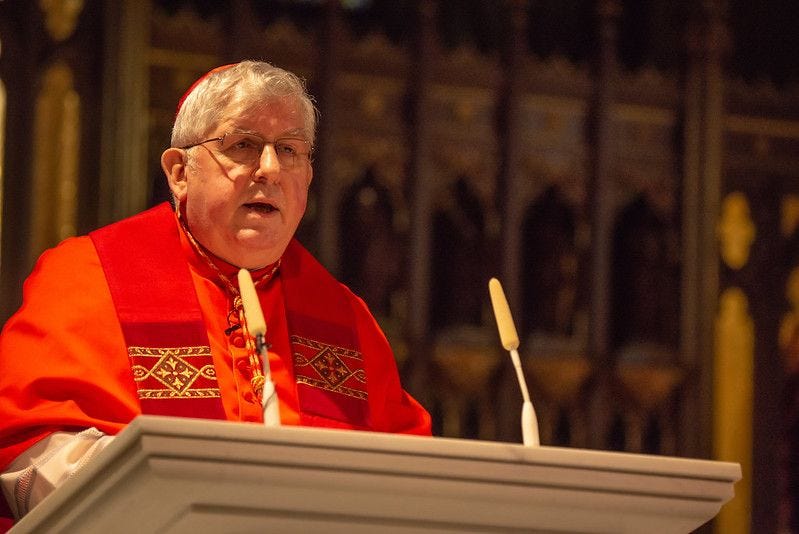'The storms are rising ... We go onward!' - Cardinal Collins on the mission of the Church
As he prepares for retirement, Cardinal Collins of Toronto calls the Church to be ‘prophetically wise and wisely prophetic.’
Cardinal Thomas Collins has spent more than two decades as a bishop, and almost 50 years a priest. He’ll retire next week as Archbishop of Toronto, when Bishop Francis Leo is installed as Collins’ successor on March 25.
As Cardinal Collins prepares for retirement, he talked with The Pillar about his priestly life and ministry, challenges for the Church i…

